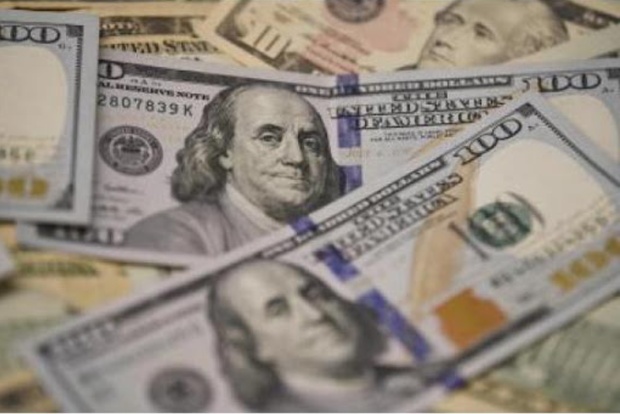Begin typing your search...
COVID-19 relief pushes US budget deficit to a record 3.1T USD
The government spent 6.6 trillion USD last year and borrowed 48 cents of every dollar it spent, CBO said.

Washington
New, eye-popping federal budget figures released Thursday show an enormous $3.1 trillion deficit in the just-completed fiscal year, a record swelled by coronavirus relief spending that pushed the tally of red ink to three times that of last year.
The Congressional Budget Office released the unofficial 2020 figures Thursday, saying the deficit equaled 15% of the US economy, a huge gap that was the largest since the government undertook massive borrowing to finance the final year of World War II.
The government spent $6.6 trillion last year and borrowed 48 cents of every dollar it spent, CBO said. The numbers amount to a 47% increase in spending, led by $578 billion for the Paycheck Protection Program for smaller businesses, and a $443 billion increase in unemployment benefits over the past six months alone.
The massive figures were expected but still stunning, more than double the previous deficit record of $1.4 trillion that was registered during former President Barack Obama's first year in office during the Great Recession in 2009.
Revenues also contributed to the bleak fiscal picture, falling $44 billion to $3.4 trillion, as income tax receipts dropped almost 16% as the jobless rate spiked. Corporate income taxes dropped by 21%, even as Social Security and Medicare payroll taxes climbed 5%.
Economists say the most significant measure of government deficits is to compare them to the gross domestic product. By that score, the flood of red ink in 2020 still blew past Obama's 2009 record, in which the deficit almost hit 10% of GDP.
The CBO estimate is preliminary, based on daily Treasury reports, but is likely to match the official numbers due from Treasury and the White House budget office later this month.
The figures come as Washington has been debating another round of COVID-19 relief, spending that Federal Reserve Board Chairman Jay Powell says is needed to ease the chances of a double-dip recession and a higher jobless rate. But talks have broken down and fears are rising that more fiscal stimulus will have to wait until next year.
The COVID-related spike in the deficit obscures a smaller, steady rise in the deficit under President Donald Trump's watch. Trump in 2017 engineered a large tax cut whose 10-year cost has been matched by pandemic relief efforts over the past six months alone.
Visit news.dtnext.in to explore our interactive epaper!
Download the DT Next app for more exciting features!
Click here for iOS
Click here for Android
Next Story



